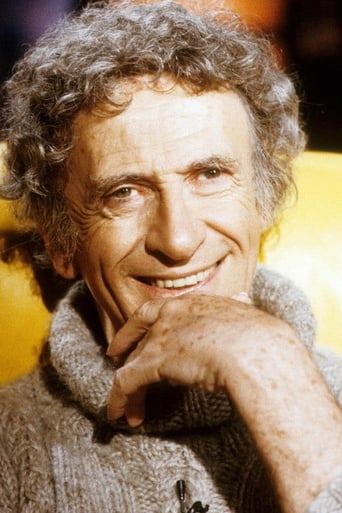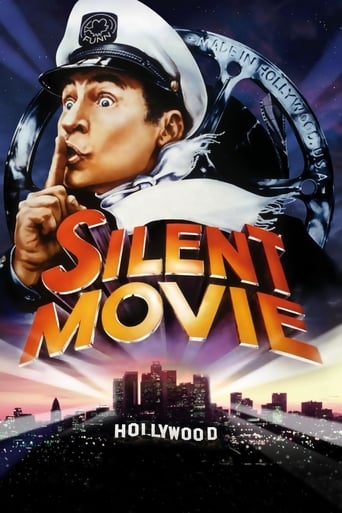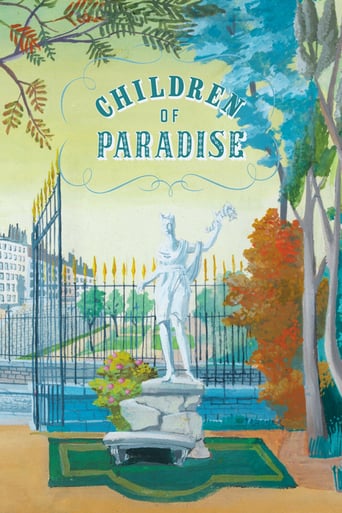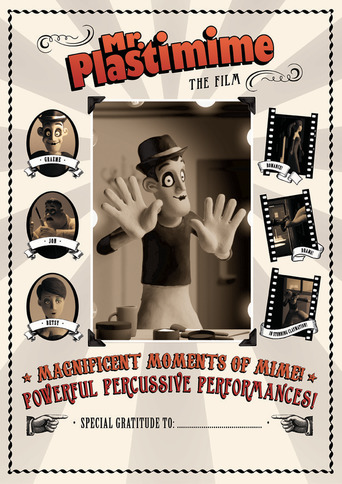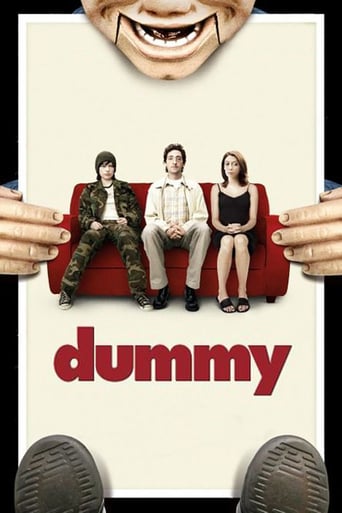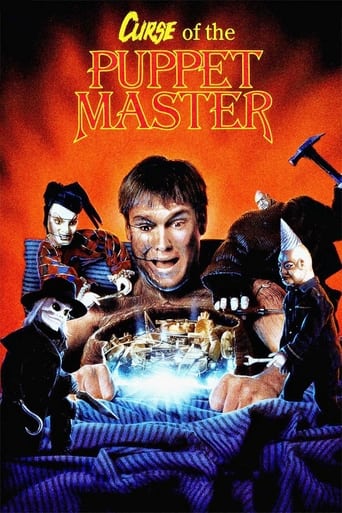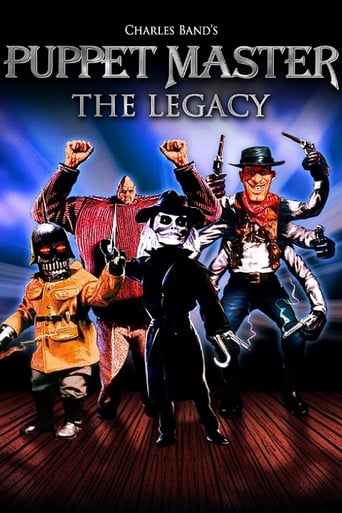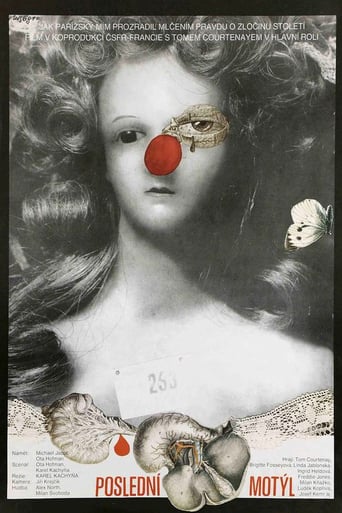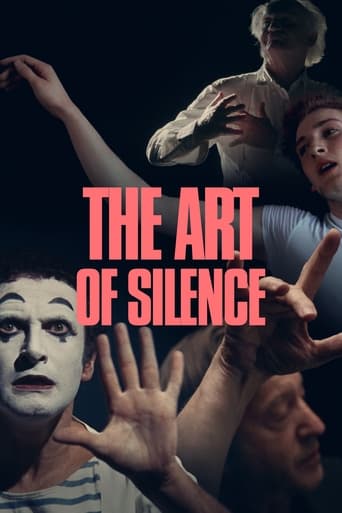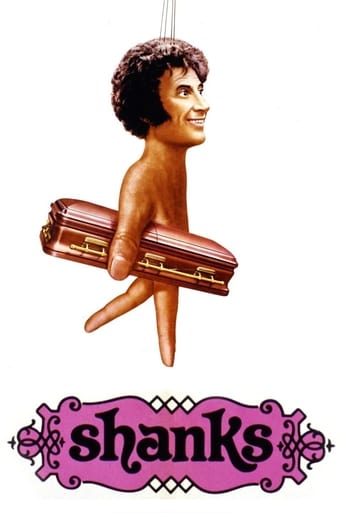
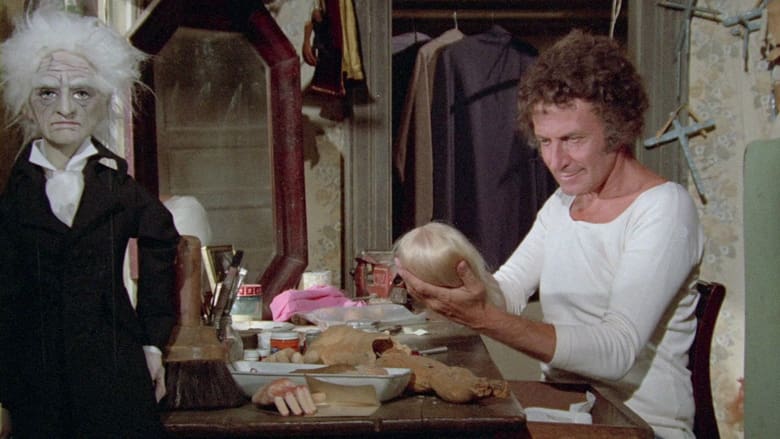
Shanks (1974)
Malcolm Shanks is a sad and lonely man, deaf, mute and living with his cruel sister and her husband, who delight in making him miserable. His only pleasure, it seems, is in making and controlling puppets. Thanks to his skill, he is offered a job as a lab assistant to Dr. Walker, who is working on ways to re-animate dead bodies by inserting electrodes at key nerve points and manipulating the bodies as if they were on strings. When the professor suddenly dies one night, Shanks gets the idea to apply their experimental results to a human body, and then to start exacting some revenge.
Watch Trailer
Cast


Similar titles
Reviews
The film opens with a bizarre sequence where Marceau's character is performing a puppet show for a small audience of children. There are certain avant-garde editing techniques used which set the mood for the film and are reminiscent of the intro sequence to The Night Walker. Castle decides to employ intertitle cards, however, they function as a self-reflexive prompt for the audience in lieu of a surrogate for vocal expressions by the lead character (a mute character throughout the film although Marceau plays a second role with spoken lines). The directing has little finesse in its execution. The shot-reverse-shot seeks to suture but is too clumsy and overt - there is no alternating use of sound. Staging/blocking uses frontality as dominant and much of the interesting mise-en-scene is wasted for observation when redundant and sterile cut-ins continuously disrupt the mood while providing no extra insight to character psychology. The two roles played by Marceau are quite genius and provide great uplift for an otherwise pedestrian production effort. The two roles play into Castle's own authorial voice quite well and it is very surprising that he didn't direct this film better (keep in mind that it was his last). The two roles played by Marceau and the theme of the film itself concern concepts of interiority, exteriority, surrogacy and symbiosis (it is my thesis that Castle's gimmicks operated along these lines as well). There are some other provocative ideas at play within this script and its presentation by Castle (for the Freud and Lacan enthusiasts). There is a critical commentary about the corruption of sexual desire and the animation, re-animation and death of sexual drives in young and old bodies. There are criminological science ideas at play (issues of mens rea, Manson, culpability, etc.) rendering the film text richer and more relevant to its genre. Castle adds in some more self-reflexive touches that play well, including his bit role as shop owner, a horror film playing on a TV set, and a well shot and choreographed rooster attack which borrows significance from Strait-Jacket. The narrative frame keeps the fiction fenced in and frankly given Castle's oeuvre he could discard it pretty quickly in favor of a more open and interactive ending. The film is interesting and moderately entertaining but gets too cute pretending to be a fly caught in a spider's web when it should have been stampeding as an elephant until running into a frightened mouse.
Producer-director William Castle may have too often been dismissed in critical circles as a Grade Z Hitchcock or for having been little more than a gimmick-laden showman during his peak years, but nobody could have sensibly predicted that he would eventually be saving his greatest trick for last; in fact, SHANKS was Castle's directorial swan-song and it might well be his best film as well! The artform of the mime is one that, understandably perhaps, hasn't been treated much on the silver screen (in this way, it elicits comparison with the classic ballet-oriented THE RED SHOES [1948] which, similarly, adopted a stylized look throughout mixed with an adroit sense of the macabre); the most famous example is, of course, Jean-Louis Barrault's unforgettable Baptiste in Marcel Carne's LES ENFANTS DU PARADIS (1945) and Marcel Marceau (who has died fairly recently) can be said to be the only mime artist that is renowned worldwide. Consequently, it comes as little surprise to see him feature in a couple of cult movies over the years Roger Vadim's BARBARELLA (1968) and Mel Brooks' all-star comedy SILENT MOVIE (1976), where his presence extended to just a cameo in which, ironically, he utters the only word of dialogue in the whole movie! SHANKS is another thing entirely: Marceau not only has a dual role and does the choreography but, for the most part, is virtually the whole show. As on-screen support, he has three talented actors Tsilla Chelton and Philippe Clay (who are very adept at miming themselves) and the young Cindy Eilbacher. The film was produced by Steven North, son of composer Alex who received another Oscar nomination (his twelfth) for his brilliantly inventive score by turns playful, poignant and brooding which, in a film like this, with very little dialogue and the intermittent use of intertitles, is as important as the on-screen characters themselves. Castle (who even has an amusing, unbilled cameo as a storekeeper) also employed other renowned Hollywood veterans behind the camera here, namely cinematographer Joseph Biroc (their third collaboration) and production designer Boris Leven.The film itself has rightly been described as one of the strangest ever made (the subtitle "A Grim Fairy Tale" is most apt!): it deals with a deaf-mute puppeteer (Marceau, naturally) who, abused by his harridan sister and her boozing partner, takes comfort in his friendship with a little girl he meets at the fair and an eccentric dying scientist (also Marceau, made up to look almost Caligari-like) who experiments with reanimating dead bodies (most notably a frog) via two portable electronic devices. After the scientist dies and is buried, the puppeteer takes possession of the re-animating devices himself and, inevitably, they come in handy when his relatives die (one he kills himself in self-defense at the scientist's mansion with the help of a re-animated rooster and the other when beside herself at Marceau's lateness is mowed down by a speeding car outside their house in the middle of the night!); he takes them shopping and has them wait on him and perform tricks when he invites the girl to the doctor's mansion! Their idyllic tryst is short-lived, however, when a gang of bikers burst in on them to treat a wounded member of their party Watching SHANKS (which is the puppeteer's surname, by the way) right after Robert Hartford-Davis' CORRUPTION (1968), I couldn't help but be reminded of that film's analogous last segment (right down to the 'dreamy' coda); here, however, Castle has a trump card up his sleeve when a biker steals one of the doctor's electronic devices and fools around with the zombified 'servants' the puppeteer, on the other hand, re-animates the scientist who, together with the servants now back in his control, beat up the gang. The narrative seems simple enough on paper, but the film is very much a unique experience (albeit an acquired taste, given the occasional longueurs brought on by its deliberate pace) amusing, surreal, weird and disturbing. Certainly among the highlights is the puppeteer's re-animation of the scientist whose movements made me think of a Jekyll/Hyde transformation as performed by Jimmy Cagney!! Unfortunately, the print quality left much to be desired: it seemed like a tenth-generation VHS copy, with the detail all soft and fuzzy and the picture excessively dark to boot; being a Paramount film, one hopes that Legend Films or, better still, Criterion will eventually get the opportunity to give this bizarre gem a decent release and, consequently, the exposure it greatly deserves since Paramount themselves seem unwilling to do anything with it!
I saw "Shanks" in Chicago on it's original release with another William Castle project "Bug". I remember it as being not very good, it had terrible word of mouth and was dumped into limited release. It was at the old Adelipha theater on the North side. I remember basically agreeing with this.... but one long, long shot of Helena Kalliniotes has lingered in my mind all these years.... She is a very distinct presence, I'm surprised She didn't do more after "Kansas City Bomber" and her memorable cameo in "Five Easy Pieces." I wish "Shanks" would surfice on DVD so I could take another look. It certainly isn't, or wasn't, the same old thing.
I was lucky enough (?) to see this film, kind of. If you are up and it is 3:00 a.m. and you are watching showtime on digital cable and see Shanks. You'll probably change the channel or see Marcel Marceau and think that it must be intellectual. If for some reason you then decided that you should see what people on the internet think, you have wasted far too much time. If you are an insomniac, you are in luck. I have problems falling asleep and tried watching this movie three times. Because frankly, the storyline made me laugh. All three times I made it no further than eight minute intervals. Should you choose to continue viewing... best of luck to you.


